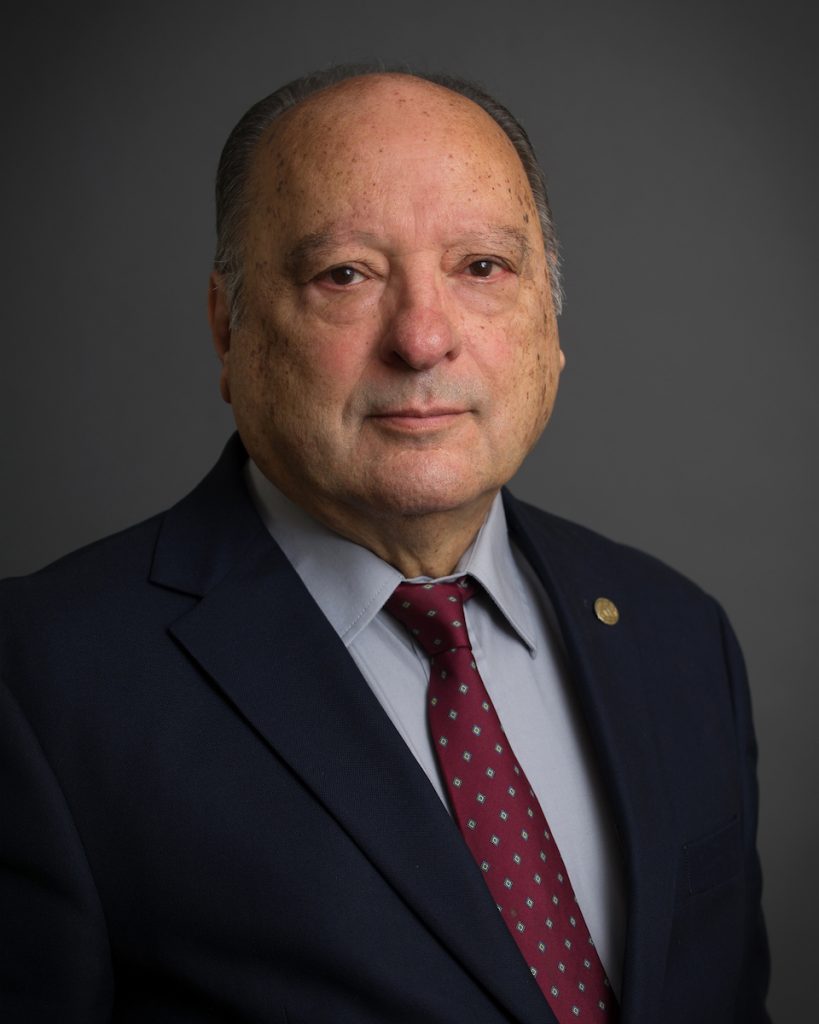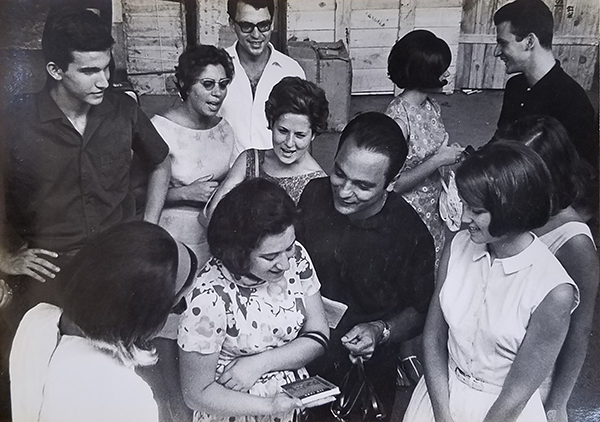Experiment Press is part of SIT history
July 31st, 2019 | SIT Graduate Institute, SIT Study Abroad
World Learning and SIT are proud to be part of the Brattleboro Words Trail a multi-year project supported by a grant from the National Endowment for the Humanities to help connect today’s citizens to the stories behind the places we share.

Its vision is one of world peace; its mission is to help build it.
By Dr. Alvino Fantini
It may surprise many to learn that a small institution founded in southeast Vermont could have a major impact on the field of international education and intercultural exchange worldwide. Yet, World Learning, Inc. and its related components – The Experiment in International Living (EIL) begun by Donald B. Watt in 1932; the School for International Training (SIT); and World Learning in Washington, D.C., together with other members of an international federation in countries around the world – have had a significant influence on the field for over 85 years, involving hundreds of thousands of participants. Its vision is one of world peace; its mission is to help build it.
Over this time, World Learning has developed innovative and experiential approaches to international education. To support these efforts, it published a variety of important publications -- from newsletters and journals to training manuals, cross-cultural orientation guides, language texts, and more. These publications are housed in the institution’s Institutional Archives on the SIT campus in Brattleboro, Vermont, which includes items from the earliest newsletters and journals dating back to 1932 to training manuals, cross-cultural orientation guides, and language texts and tapes, as well as publications about individual experiences and intercultural research.
In 1967, Watt documented the founding of the organization in his book, Intelligence Is Not Enough, published under the label the “Experiment Press,” thereby establishing the institution’s press. A second book published by the Experiment Press followed in 1977 by Watt and Katie Davidson Walker, Letters to the Founder, featuring testimonials from alumni about their transformative experience as a result of EIL’s exchange programs.

Many other publications followed, developed within EIL (later renamed World Learning) and its educational institution, the School for International Training. Depending on funding sources, subsequent publications were published under The Experiment Press label or other labels, especially when government funding was provided. Works produced and published by the organization included numerous cross-cultural training manuals and language texts used to train Peace Corps volunteers heading out around the globe, from Afghanistan to Zimbabwe.
These efforts led to the idea of preparing all exchange participants in language (in addition to the usual cross-cultural orientation) and the production of EIL Language Texts in Czech, German, Hebrew, Italian, Spanish, Portuguese, and more, accompanied by audio tapes. As materials became better known and students and external language teachers began requesting them, The Experiment Press became a formal part of the Foreign Language Department with me as its first director.
Establishment of The Experiment Press led to contracts from outside sources to develop language materials. For example, a grant from the Esperantic Studies Foundation in 1972 led to the development of a Homestay Course in Esperanto (with accompanying vinyl records), followed by a contract with Deutsche Grammophon Gesellschaft to produce self-study courses in English and Spanish, each on three levels with accompanying cassette tapes. In 1977, a contract with SECUSSA led to development of a cross-cultural guide titled Beyond Experience.
In 1982, we secured a major grant from the President’s Youth Initiative to produce a series of cross-cultural orientation material to prepare individuals for their sojourns abroad. Also, during the 1980s, major grants from the Peace Corps led to development of additional language materials, each in a four-part series. A contract from Crown Publishers in 1993 led to development of language phrasebooks in French, Portuguese, and Spanish.
In 2000, the SIT Occasional Papers Series was launched to disseminate information about the institution and its educational processes. The inaugural issue, "About Our Institution," was followed by issues about NGOs in Development, Study Abroad: Student Essays & Research Papers, and Educación Indígena en las Américas (Indigenous Education in the Americas). Major research projects funded with grants from outside agencies resulted in research and publications on intercultural communicative competence and the impact of educational exchange programs on participants from eight countries (up to 20 years later), titled Intercultural Communicative Competence in Educational Exchange (Routledge 2019).
All of these works can be found in the Institutional Archives on the Vermont campus of SIT, in addition to other works published by alumni, staff, and faculty, about their global experiences.
Alvino Fantini was a senior faculty member at SIT starting in 1964, where he helped turn the Sandanona estate into the present SIT Graduate Institute. He has worked in language education and intercultural communication for over 40 years in the US and abroad. He currently serves as director of the World Learning Institutional Archives.
